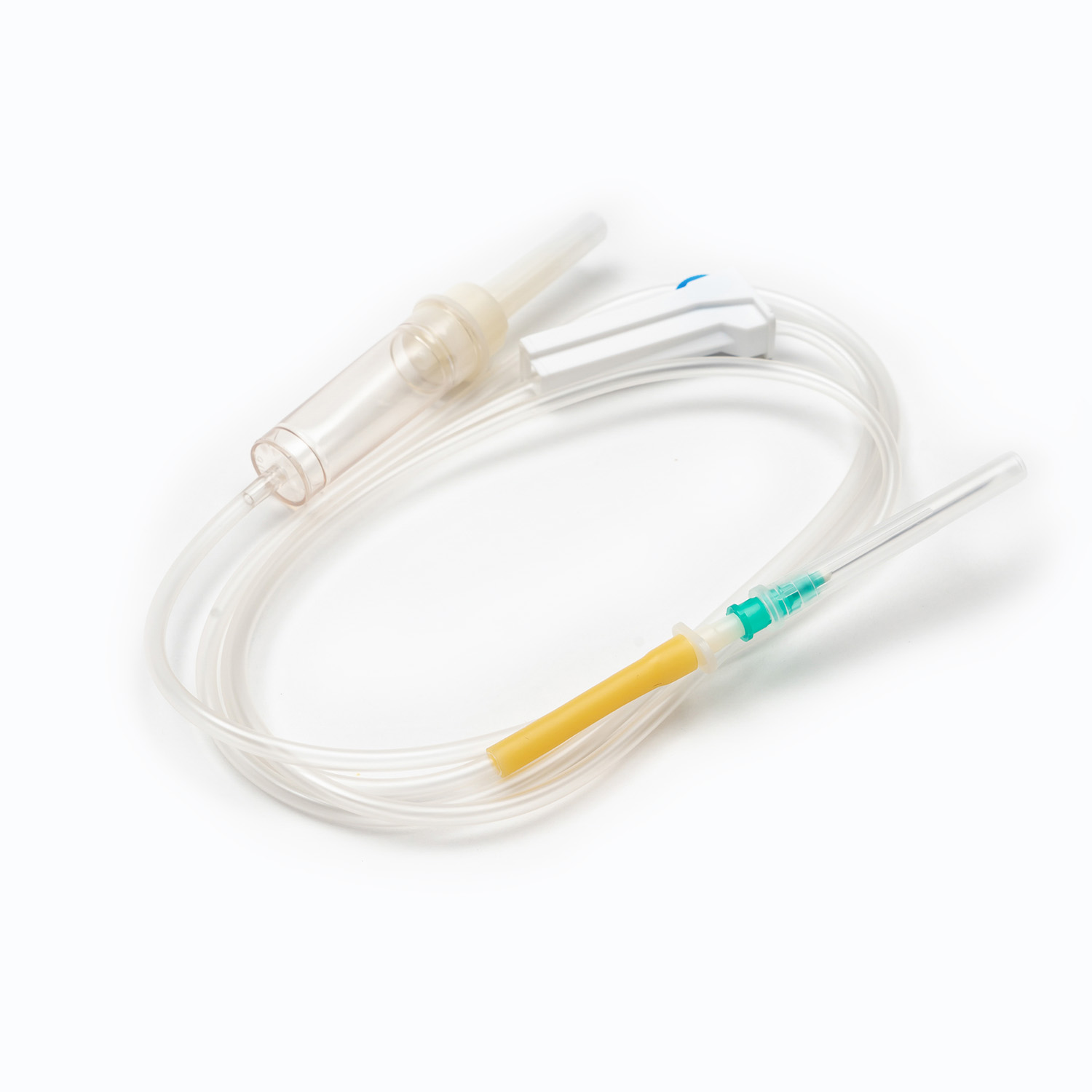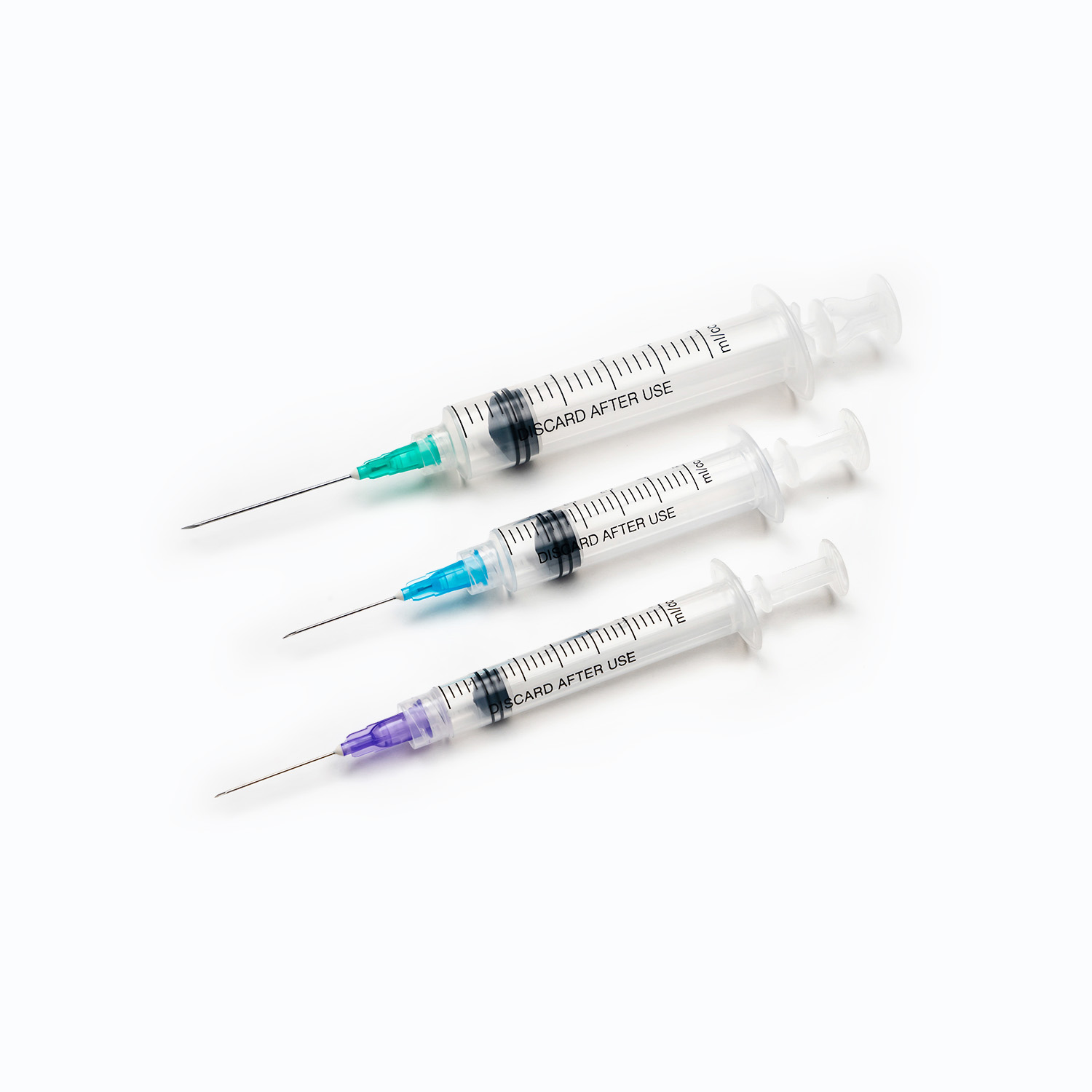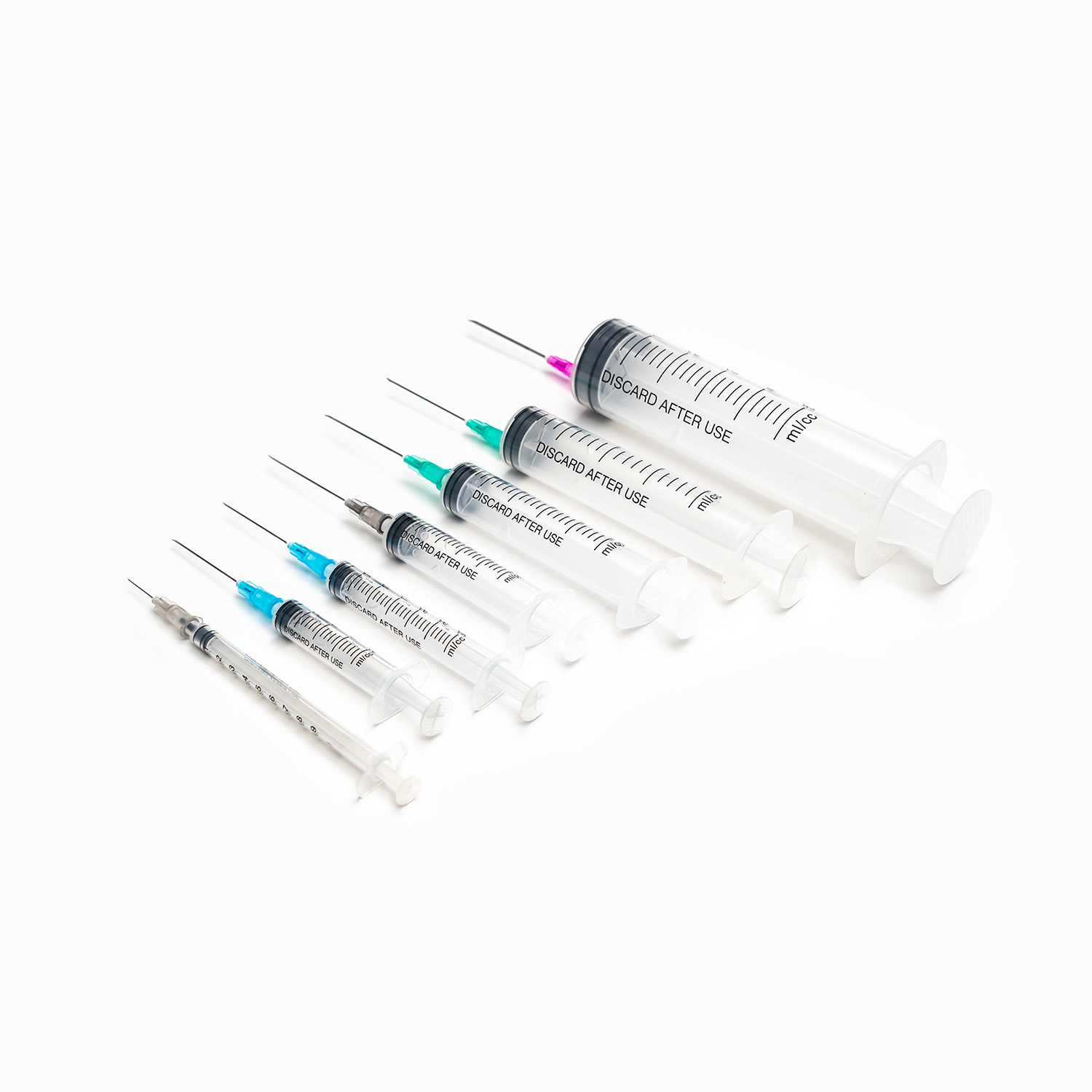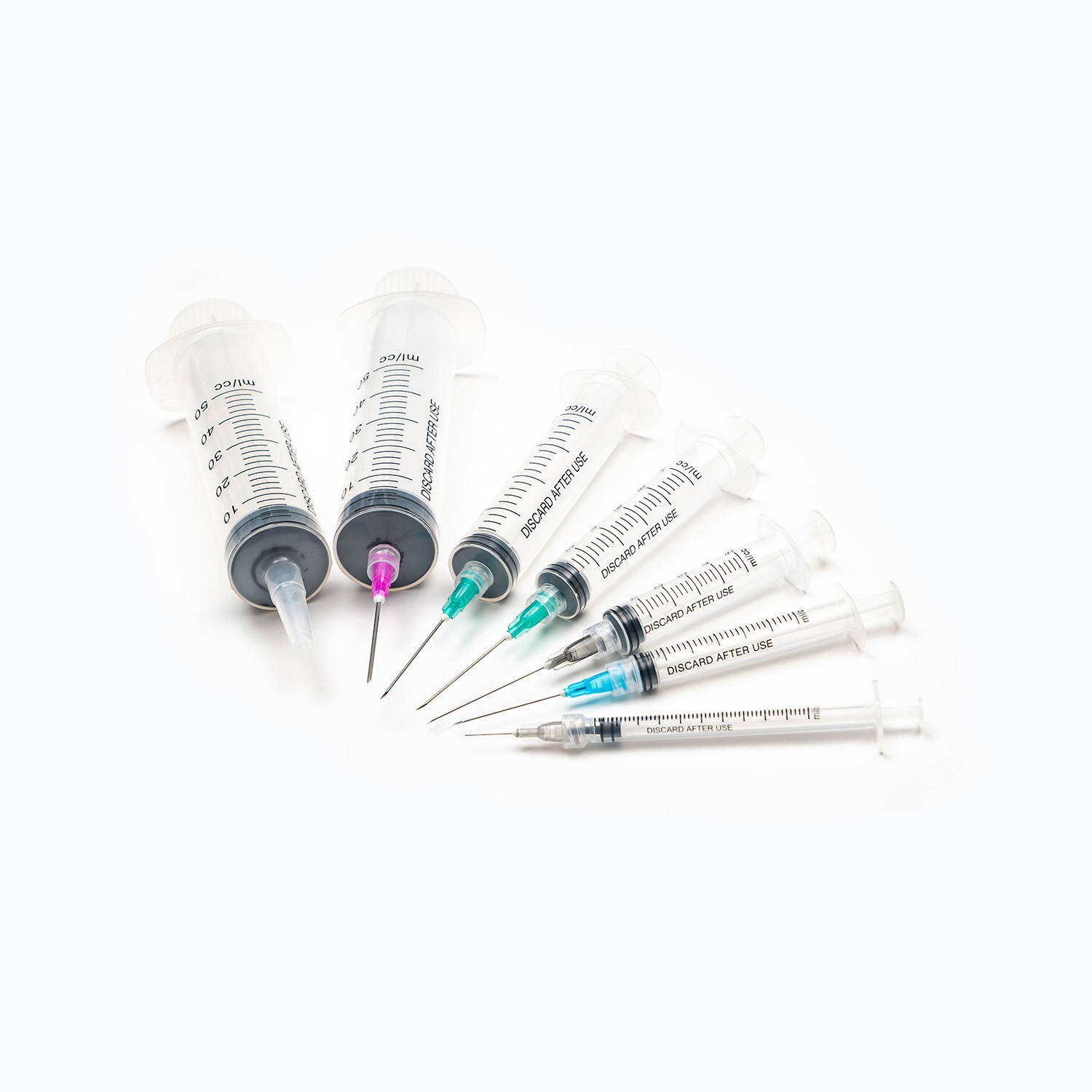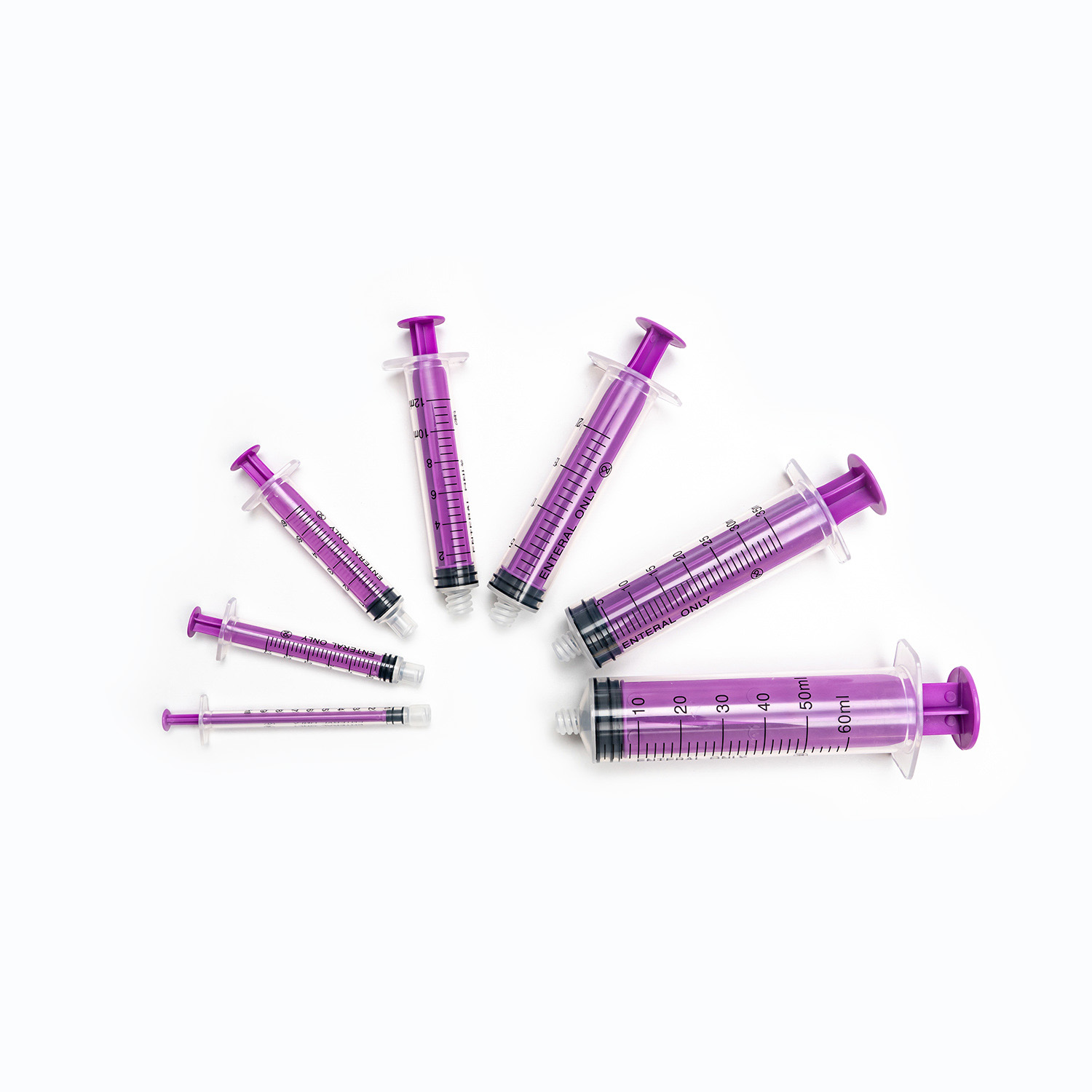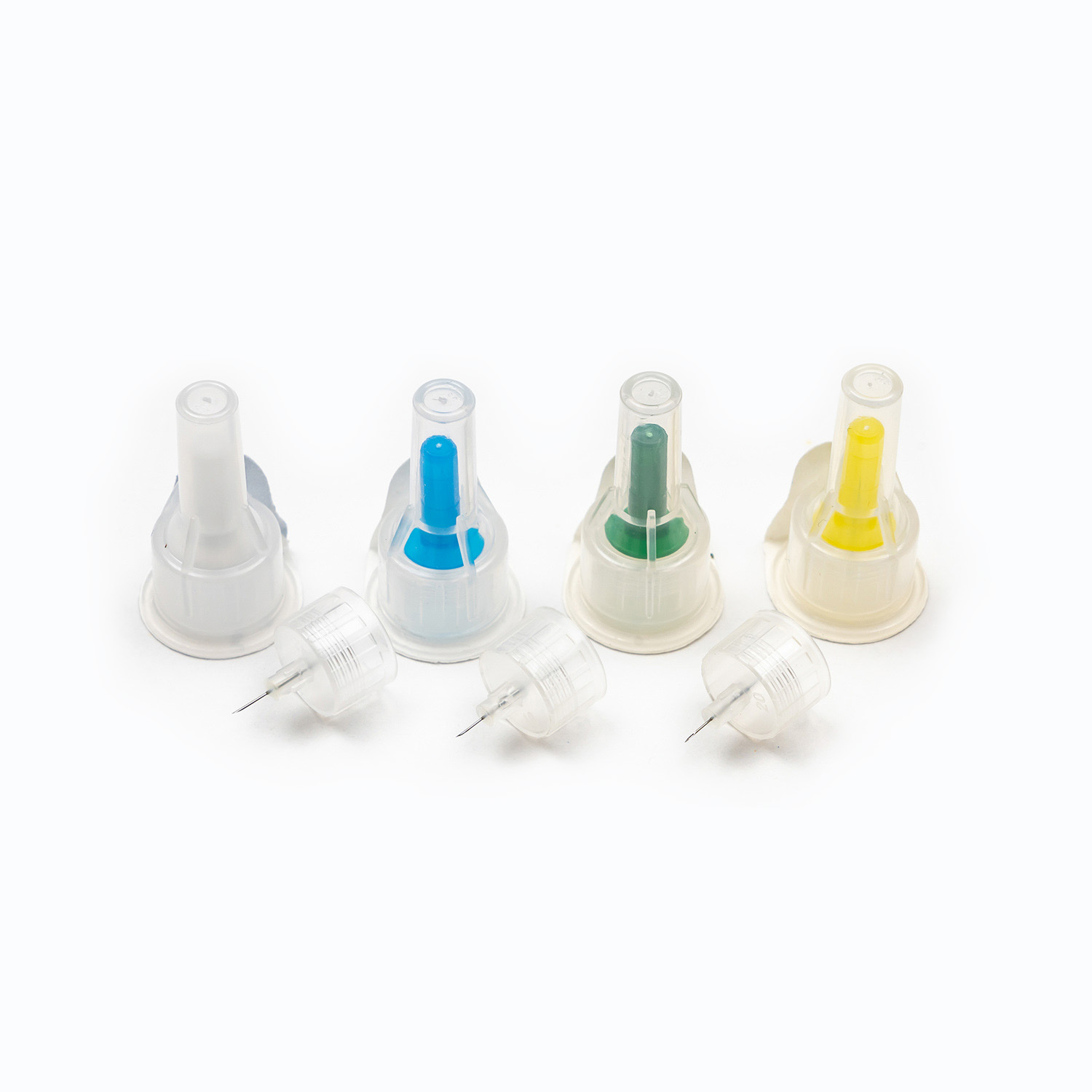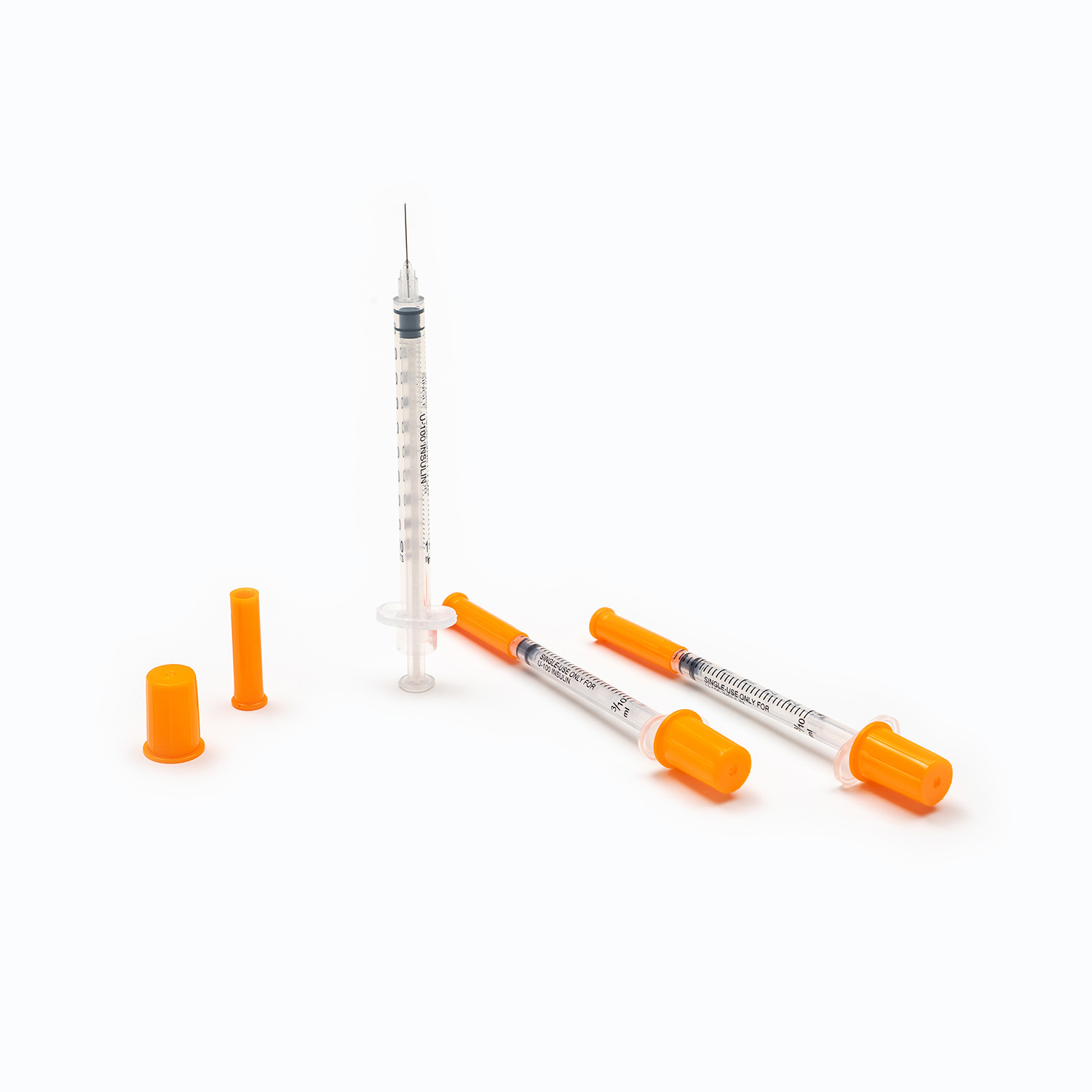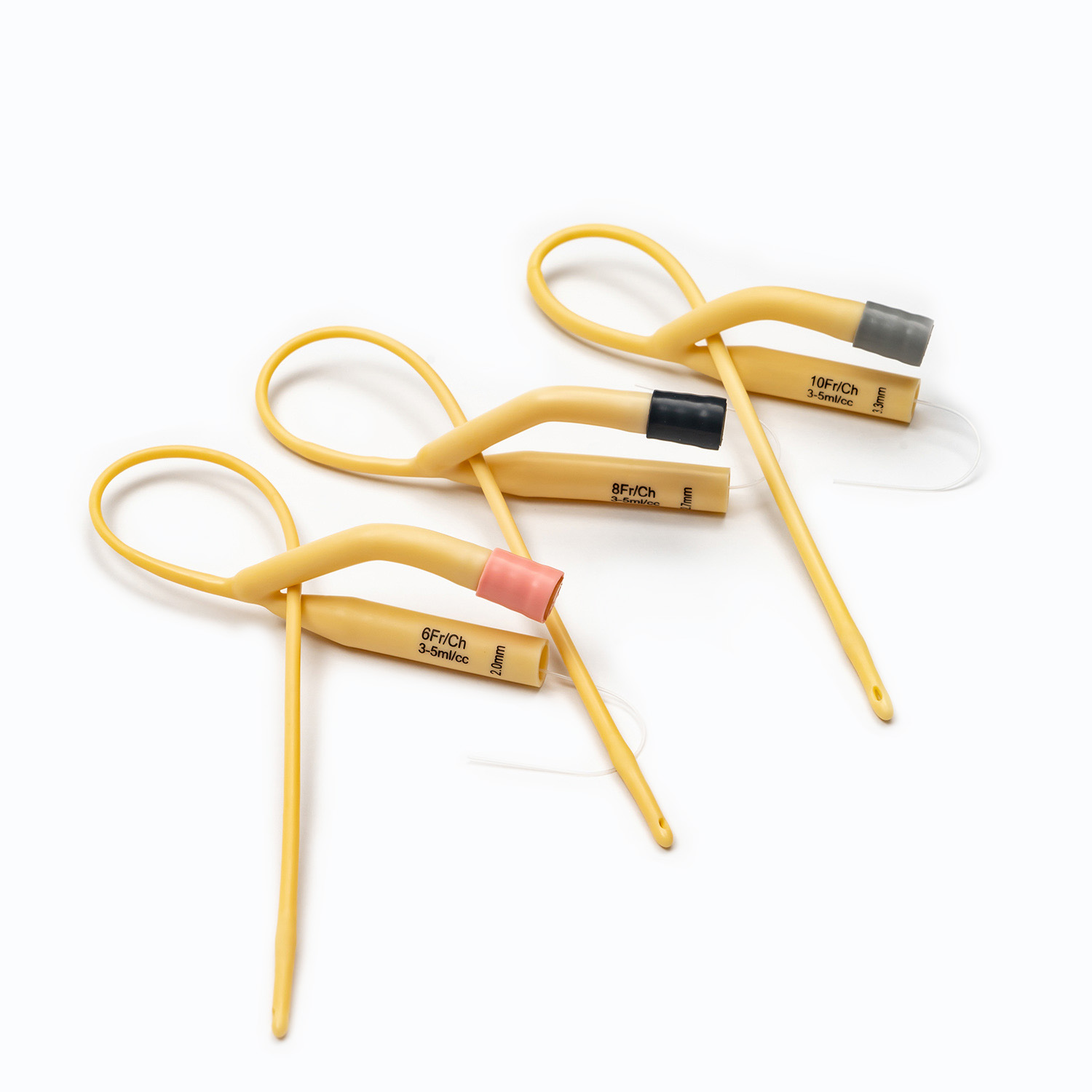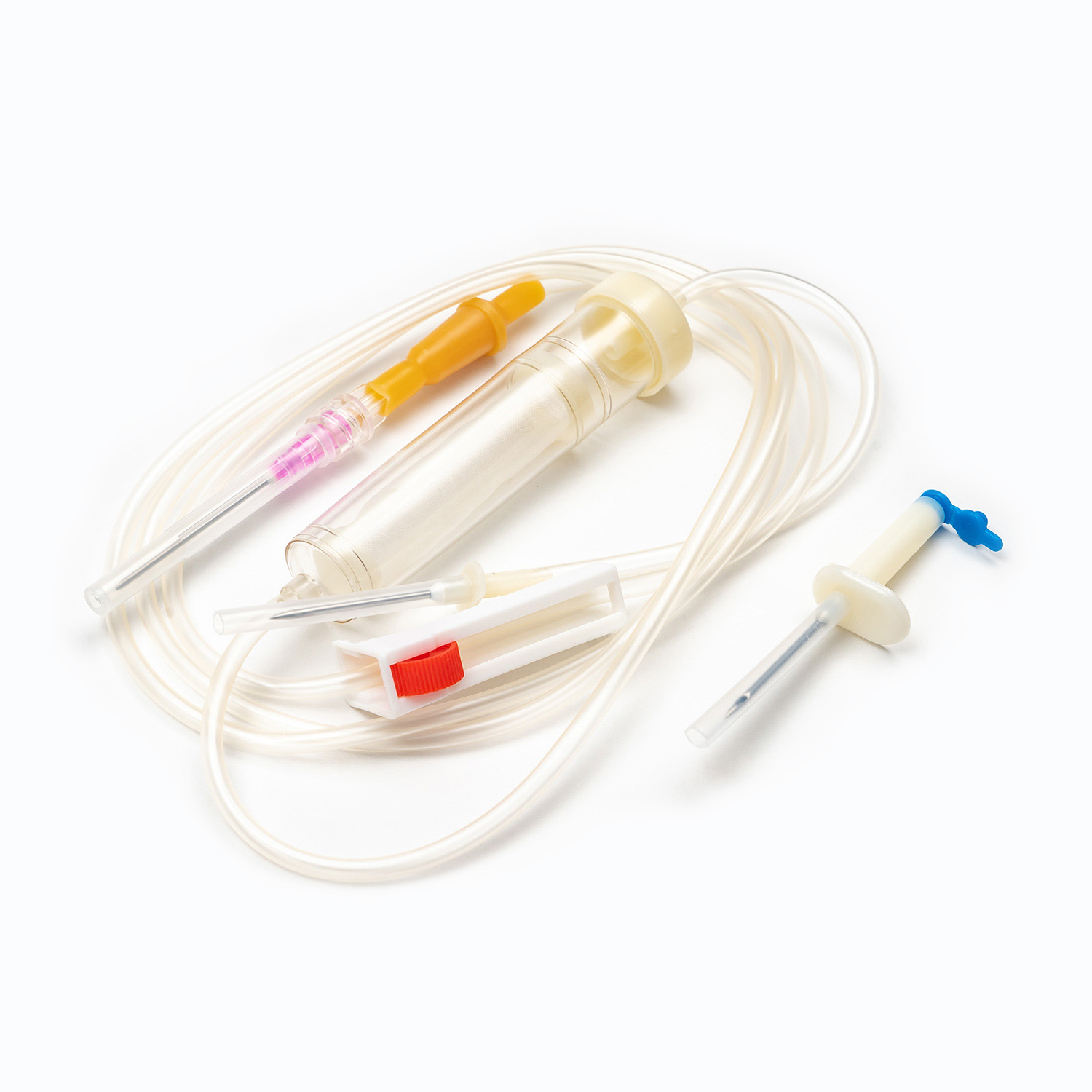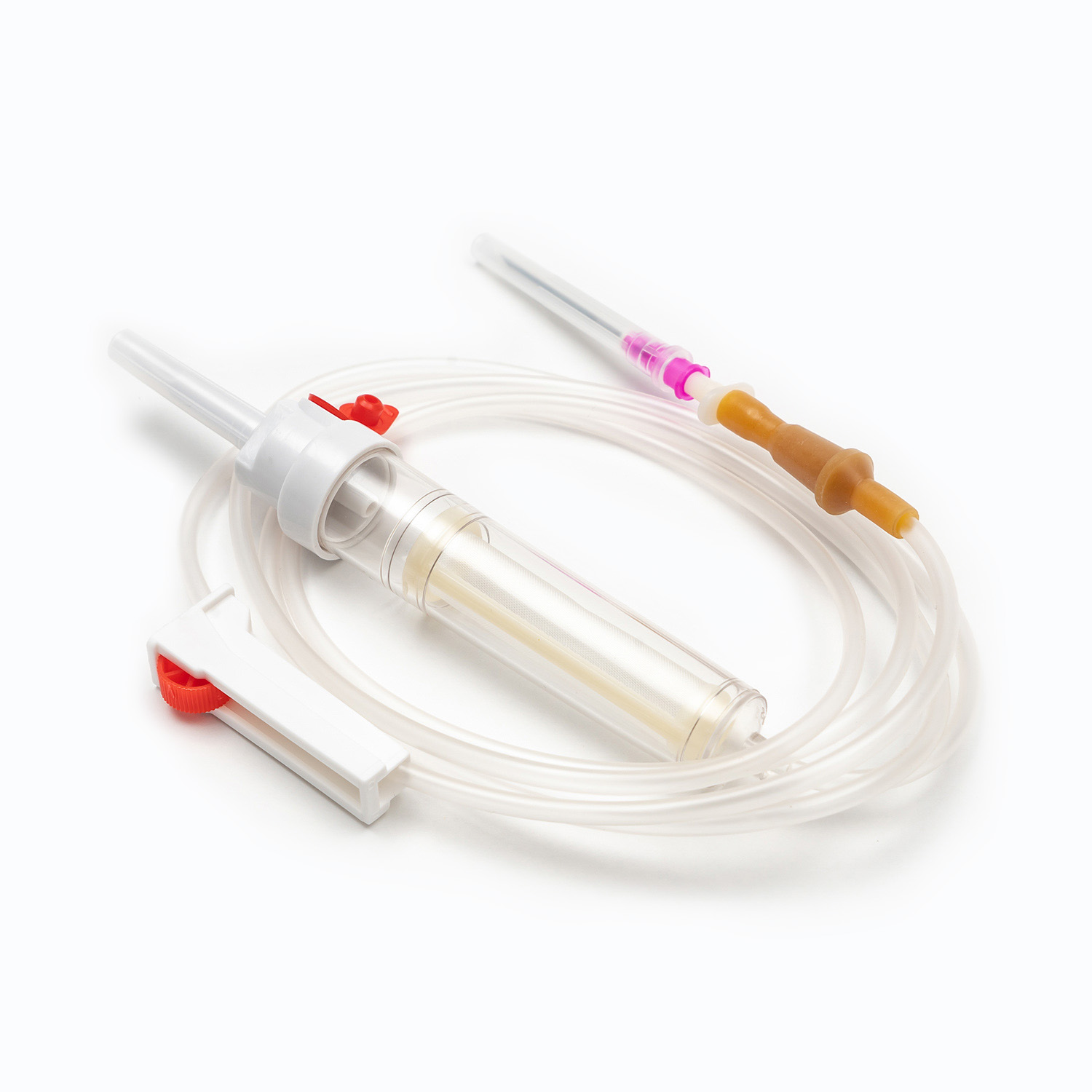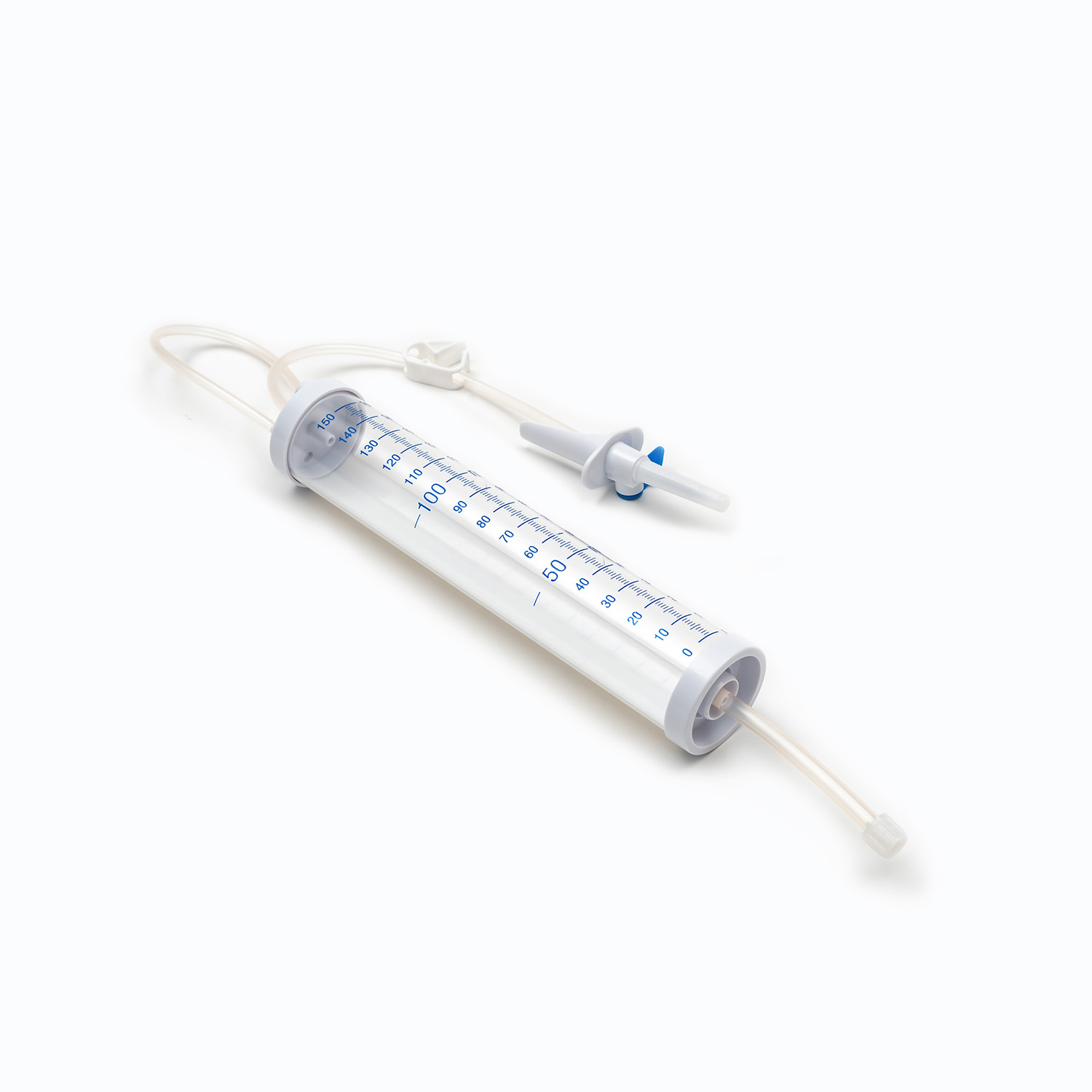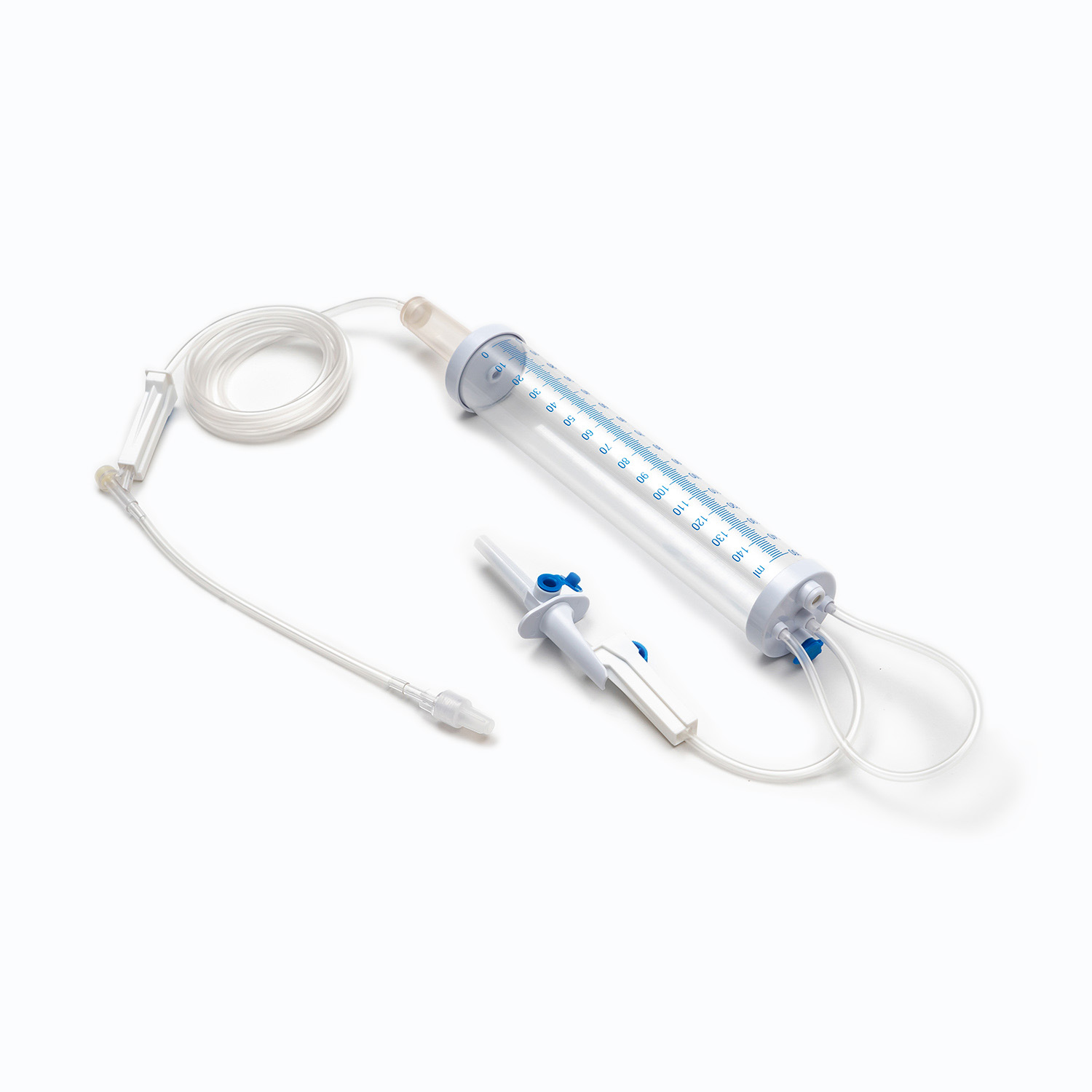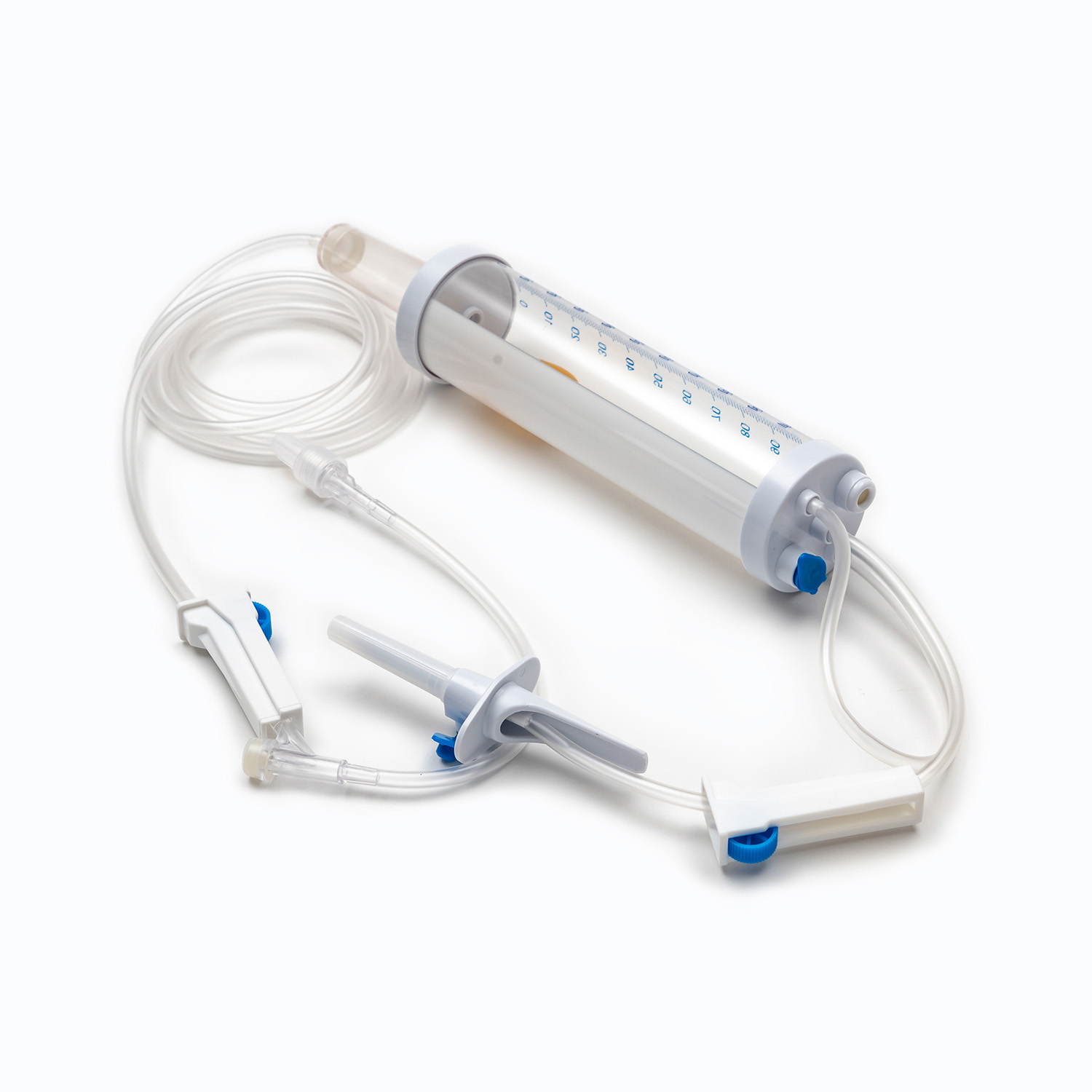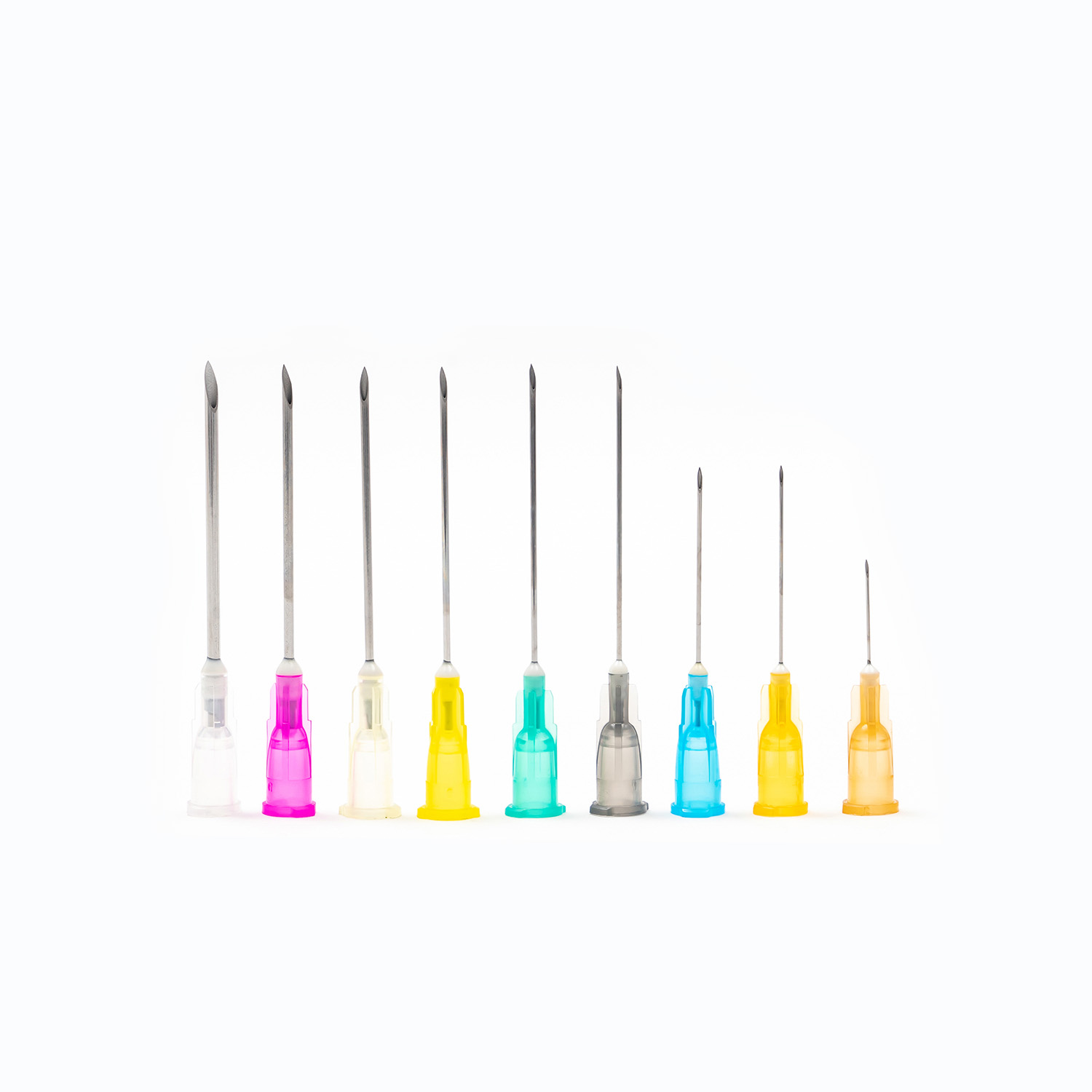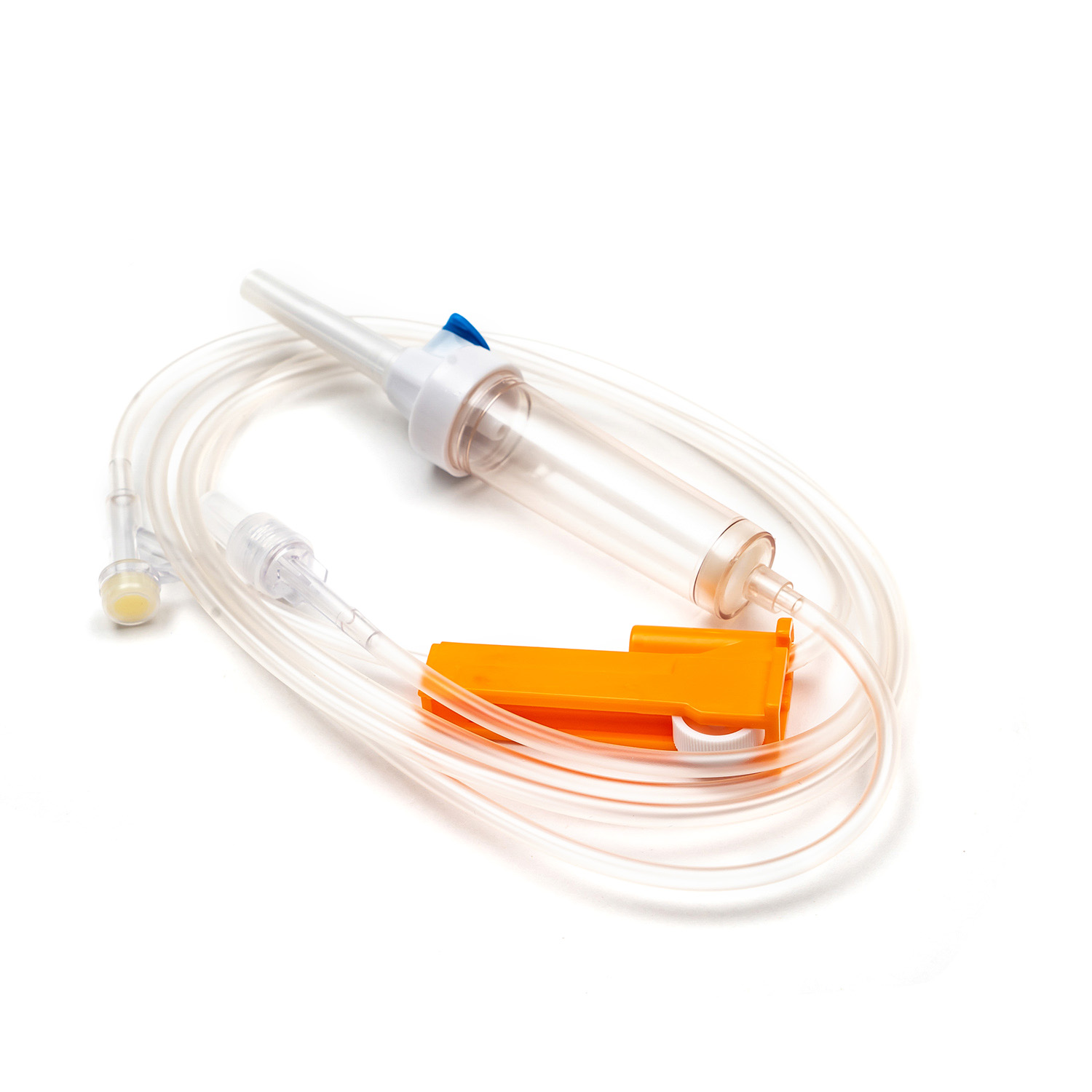Dental acupuncture: the leader in minimally invasive treatment, can it really make oral treatment more comfortable?
Mar 20,2024
With the continuous development of medical technology, minimally invasive treatment has become a mainstream trend in modern medicine. In the field of oral medicine, dental needles, as micro-syringes, are playing a key role and leading the revolution in minimally invasive treatment.
A dental needle is a tiny syringe used to administer local anesthesia to a patient, primarily in the field of oral medicine. Its emergence has greatly improved the patient's treatment experience and made the treatment process more comfortable and safer. As technology has advanced, dental needles have evolved from simple syringes to today's precision micro-syringes that are more precise and less painful.
Dental acupuncture plays a key role in tooth care and restoration. Using local anesthesia, dentists can more accurately perform procedures such as fillings, root canals, and tooth grinding, reducing pain and discomfort for patients. In addition, dental acupuncture can also be used to inject oral antibacterial drugs into patients to help control the development of dental caries or periodontal disease and protect oral health.
Periodontal disease is a common oral disease that seriously affects the patient's oral health. Dental acupuncture can give patients local anesthesia, allowing dentists to better perform operations such as tartar removal, gum scaling, and root planing, and help patients restore periodontal health. With minimally invasive treatments, patients can reduce post-operative pain and discomfort and speed up the recovery process.
The use of dental needles is particularly important during tooth extraction and implant surgeries. By using local anesthesia, the dentist can effectively reduce the patient's pain, make the procedure more comfortable, and promote the patient's recovery. The precise injection technology of dental needles can ensure that local anesthetic drugs are accurately injected into the nerve tissue around the lesion, achieving local anesthesia and minimizing the patient's pain experience.
There are many advantages to using dental needles. Dental acupuncture can reduce the pain experienced by patients through local anesthesia, making the treatment process more comfortable. The precise injection technology of dental needles can ensure that local anesthetic is accurately injected into the area that needs anesthesia, improving the accuracy of treatment. With minimally invasive treatments, patients can reduce postoperative pain and discomfort, speed up the recovery process, and restore oral health.
At the same time, it also faces many challenges. For some patients, the injection process may still cause discomfort and further improvements to the comfort level of dental acupuncture are needed. Although dental acupuncture plays an important role in minimally invasive treatment, it still needs to be continuously improved and perfected to meet the growing clinical needs.
As a key tool for minimally invasive treatment, dental acupuncture is bringing revolutionary changes to the field of oral medicine. By reducing patient pain and tissue damage, dental acupuncture provides new possibilities for oral treatment, allowing more patients to enjoy high-quality treatment services. With the continuous advancement and innovation of technology, it is believed that dental acupuncture will play a more important role in the future and make greater contributions to the cause of oral health.





 English
English Français
Français русский
русский Español
Español





